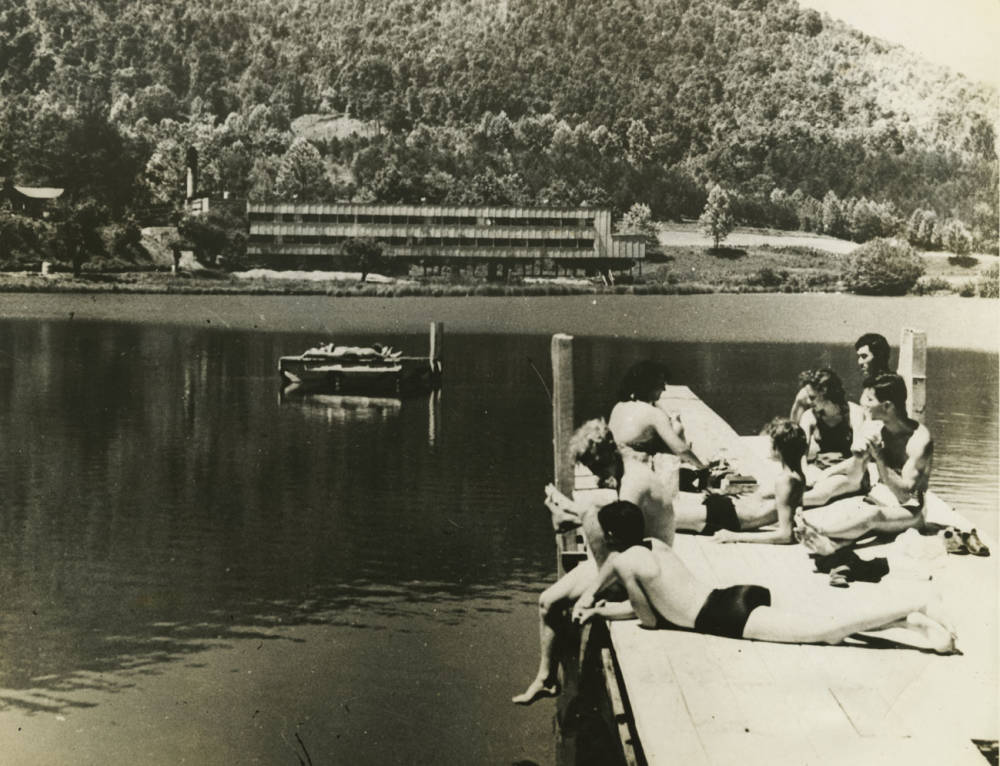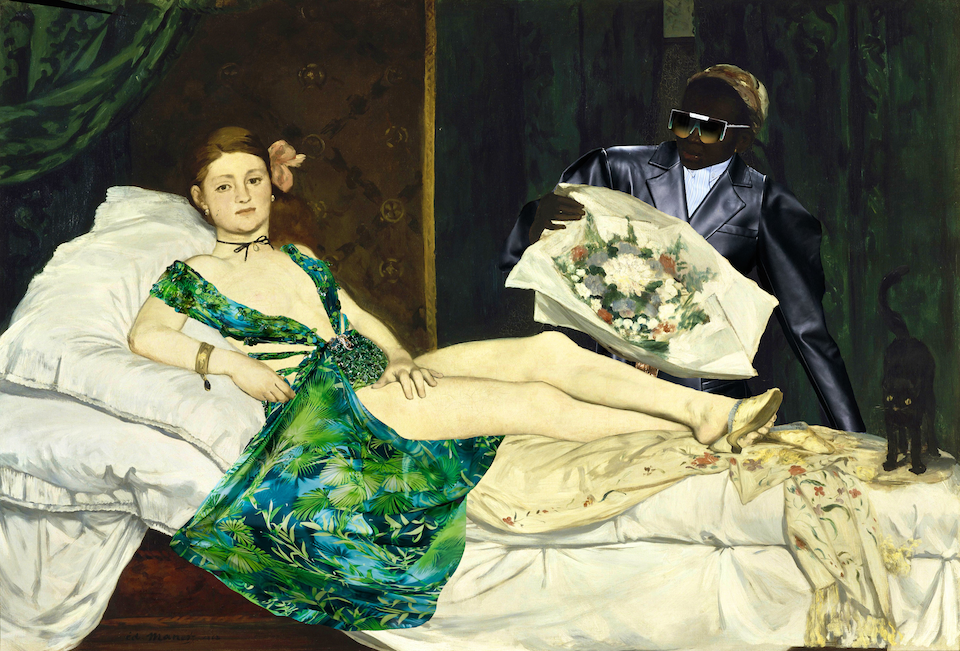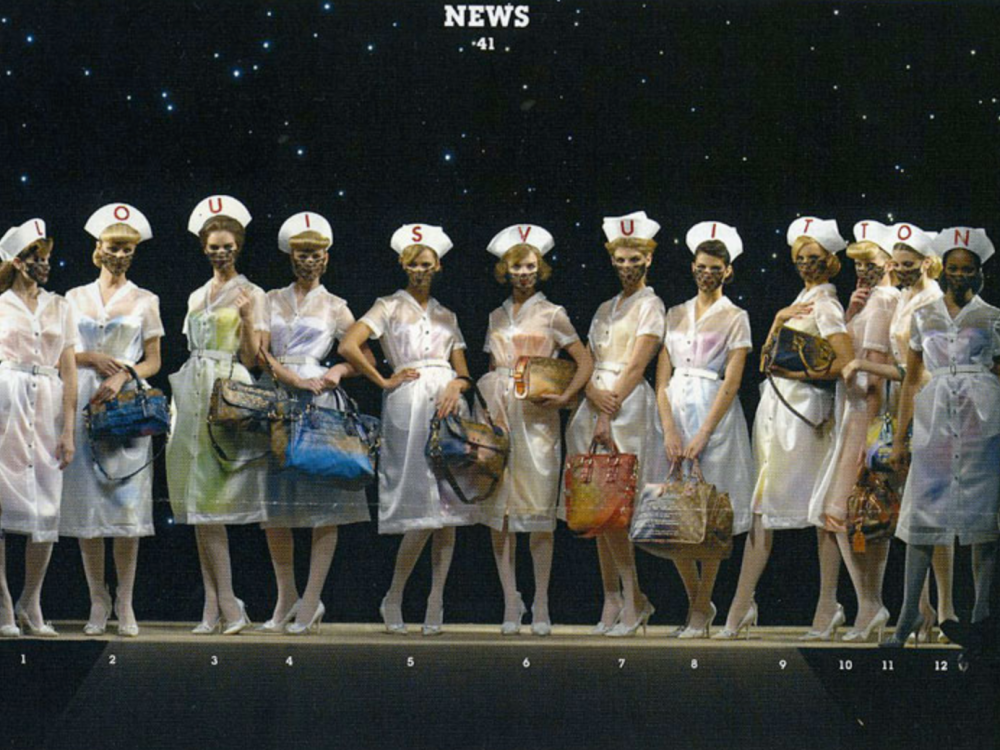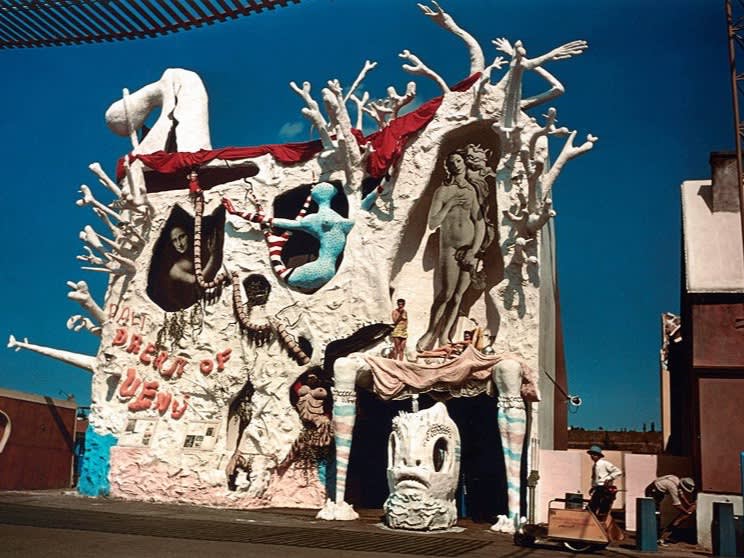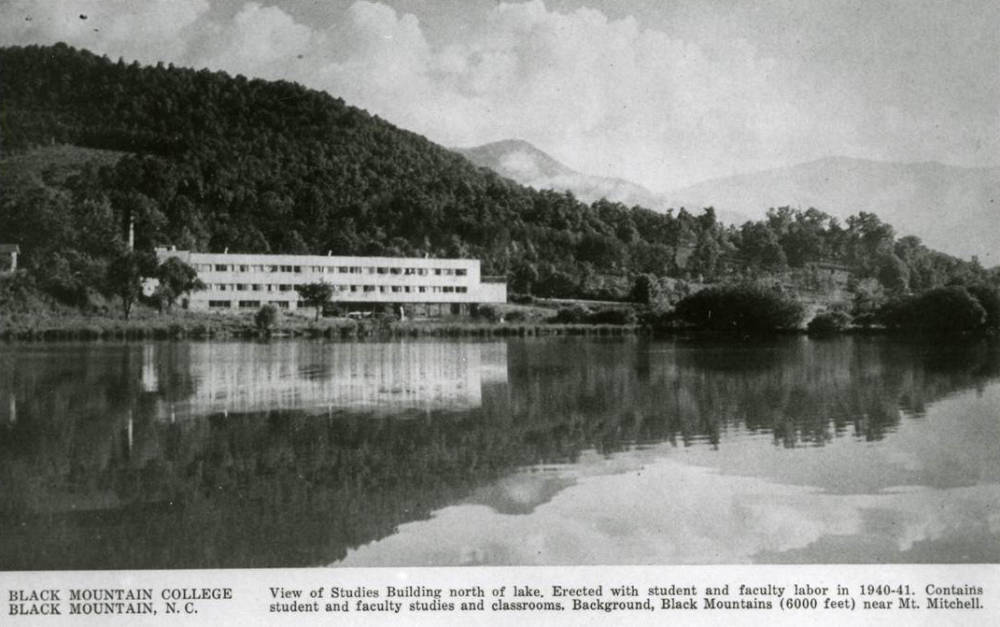
Black Mountain College
Black Mountain, North Carolina, 1940-41
Black Mountain College was an independent, co-educational liberal arts college in North Carolina, founded in 1933 by scholars John Andrew Rice, Theodore Dreier, Frederick Georgia, and Ralph Lounsbury. The school was created as an experiment of “education in a democracy,” through the idea that practical responsibilities and learning were of equal importance to the development of artistic intellect. Throughout its years in operation, thousands of students and faculty passed through its doors, many of whom were, or went on to become, some of the most influential names in the history of literary, performing, and visual art.
The school was conceptualized and built around American philosopher John Dewey’s principles of progressive education, which emphasized an interdisciplinary curriculum and the study of art as a central component of a liberal arts education. The school’s non-hierarchical structure awarded students and educators the same level of importance, while focusing more attention on the balancing of education, art, and cooperative labor, such as farm work, construction projects, cleaning, and kitchen duty.
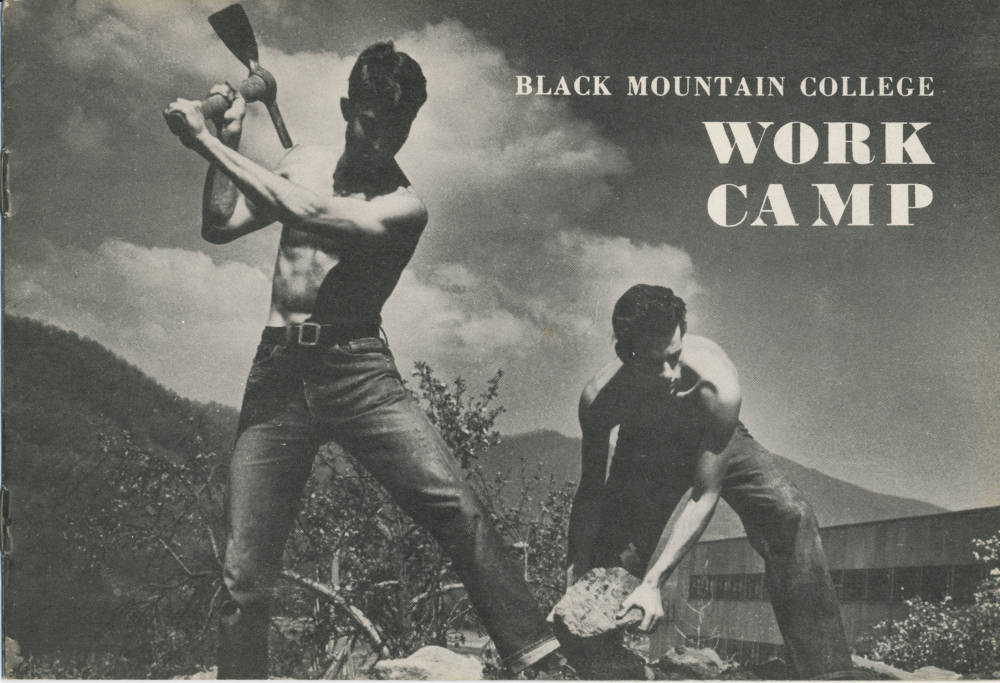
Black Mountain College
Work Camp, Dossier, 1944

Black Mountain College
Work Camp, Dossier, 1944
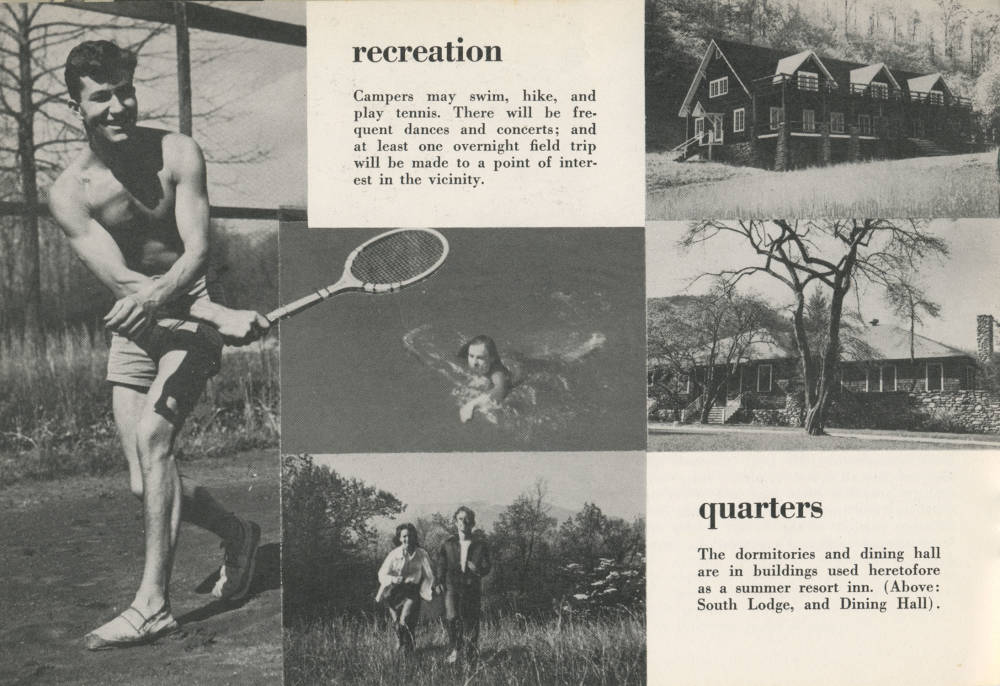
Black Mountain College
Work Camp, Dossier, 1944
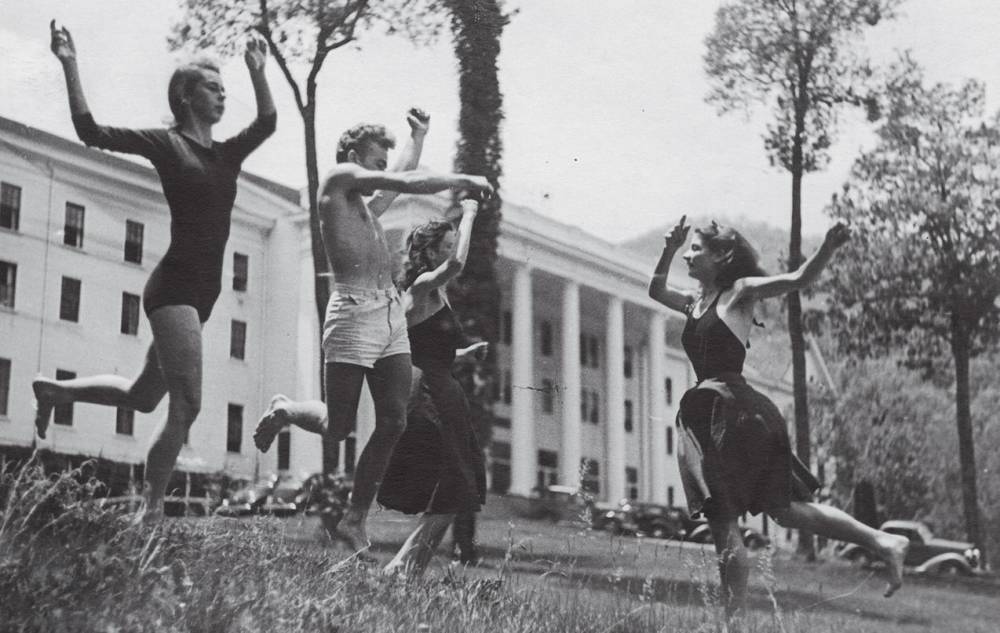
Black Mountain College
Students Dancing in Summertime, 1940s
This unique approach to teaching put emphasis on personal experiences and self-learning over excessive delivered knowledge, and was thought to foster decision-making, which the founders believed to be a foundational skill of a democratic society. Furthermore, Black Mountain College had minimal grading and no tests, and awarded students the opportunity to design their own, well-rounded course curriculum, making it an attractive playground for artists, writers, educators, and perspective students from around the world.
Anni Albers
Black Mountain College Bulletin 2 Design
Anni Albers
Black Mountain College Bulletin 5 Design
Margaret Blazer Cantieni
Color Study, 1945
Gregory Masurovsky
Portrait of Sheila Marbain, 1948
Charles Olson (poem) and Nicola Cernovich (design and printing)
This, Black Mountain College Collaborative Graphics Workshop, 1952
The founding of Black Mountain College occurred at one of the most turbulent sociopolitical periods in world history. The United States was still dealing with the aftermath of the Great Depression while Europe was suffering with the horrific rise of the Nazi regime. After the mandatory closing of the Bauhaus School in Germany in 1933, and the subsequent persecution of artists and intellectuals throughout Western Europe, Black Mountain College became a haven for artists seeking refuge. One such example was painter and educator Josef Albers, who was hired to run the school’s art program, while his wife, Annie, taught weaving and textile design.
Josef Albers
Black Mountain College, 1940s
Anni Albers
Weaving Studio at Black Mountain College, 1937
Upon the arrival of artists from Europe, Black Mountain College quickly became known as an incubator for artistic talent – specifically in the context of the American avant-garde – and continued to flourish throughout the 1930s and 40s. With hundreds of students enrolled at the turn of the decade, the school established a new permanent site in 1941 featuring structures designed and built by the faculty and students, such as the Jalowets Cottage, Minimum House, and Cabin 24/25; this cluster of buildings later became considered one of the foremost collections of International Style architecture in America.
St. Louis Post-Dispatch
Students and Faculty Construct their College Building, July 12, 1941
Lawrence Kocher
Plans for the Studies Building, Archival Inkjet Print, 1940s
Furthermore, the enlarged campus played host to a number of groundbreaking events, such as the first large-scale geodesic dome constructed by faculty member Buckminster Fuller and his students, as well as the founding of Merce Cunningham’s dance company, and the first musical performance by American composer John Cage.
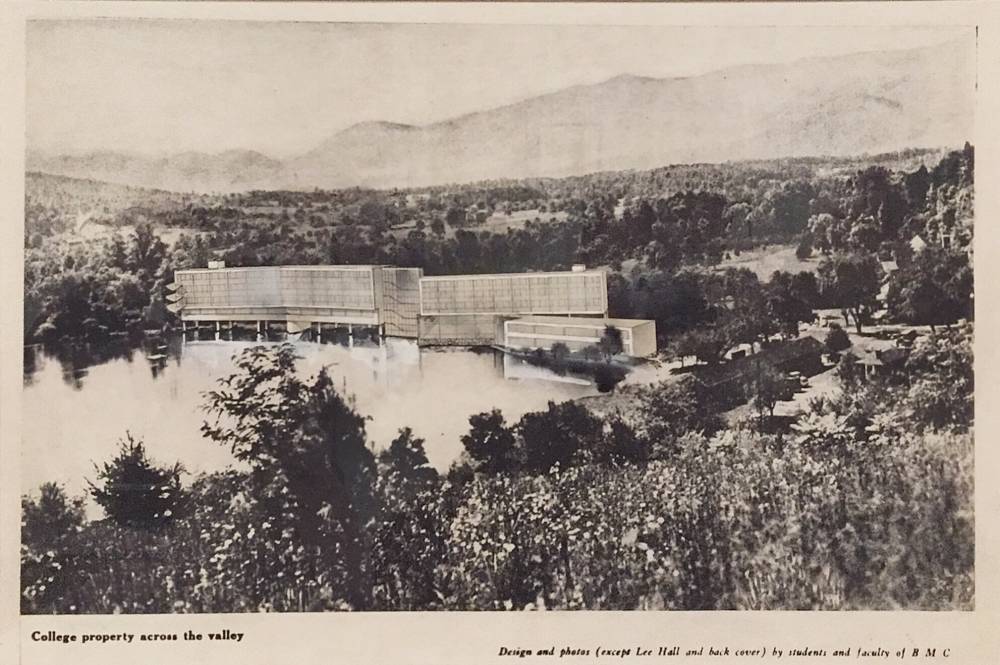
Black Mountain College
New Buildings Construction, 1940s
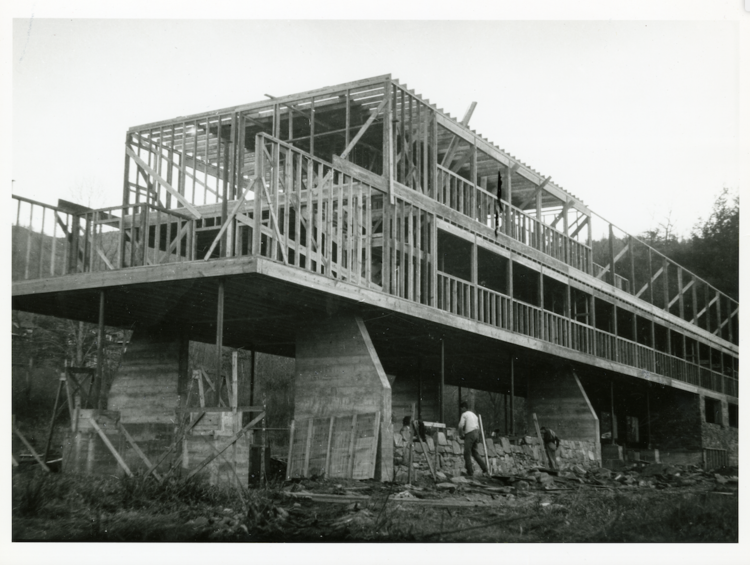
Black Mountain College
New Buildings Construction, 1940s
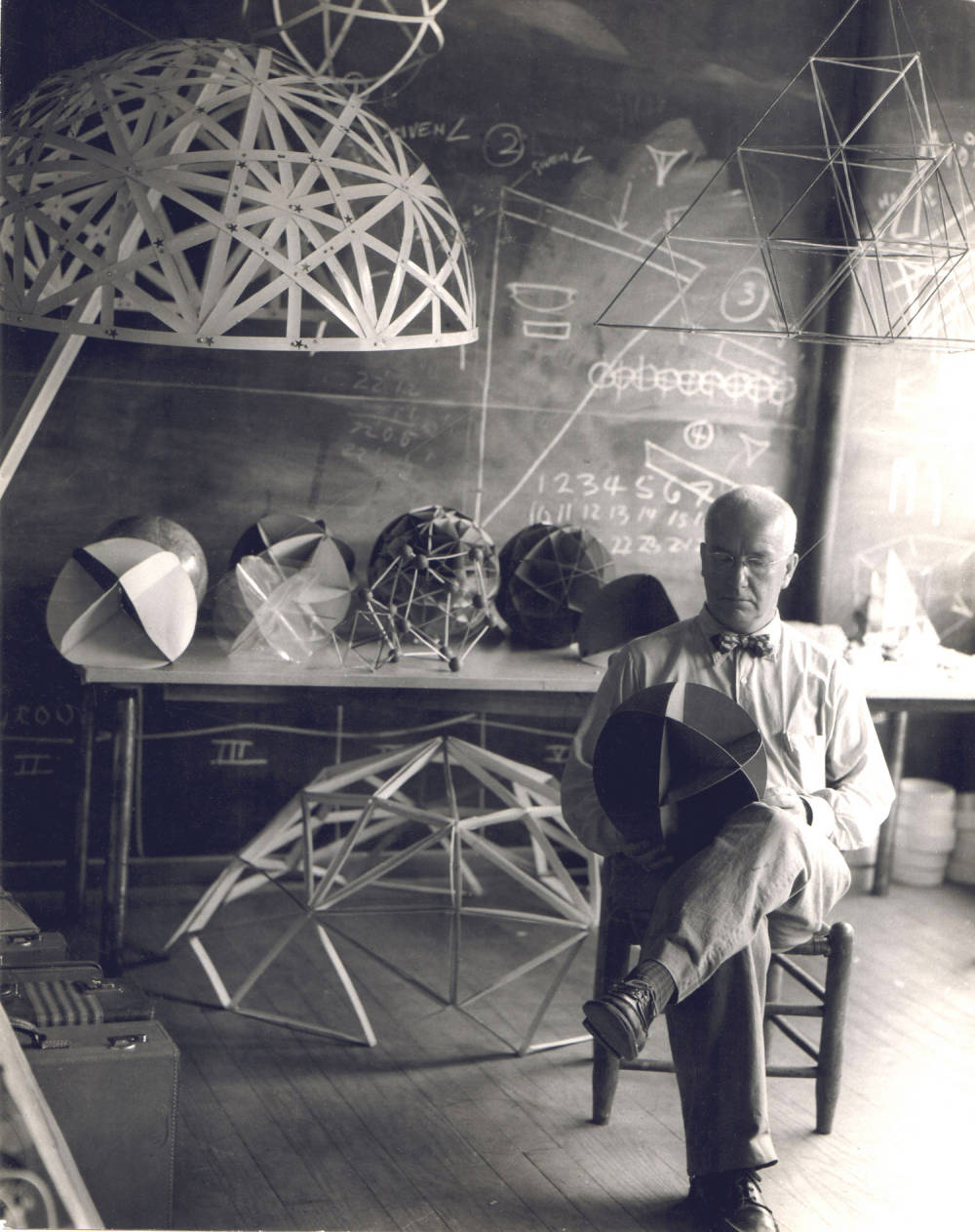
R. Buckminster Fuller
Black Mountain College, 1940s
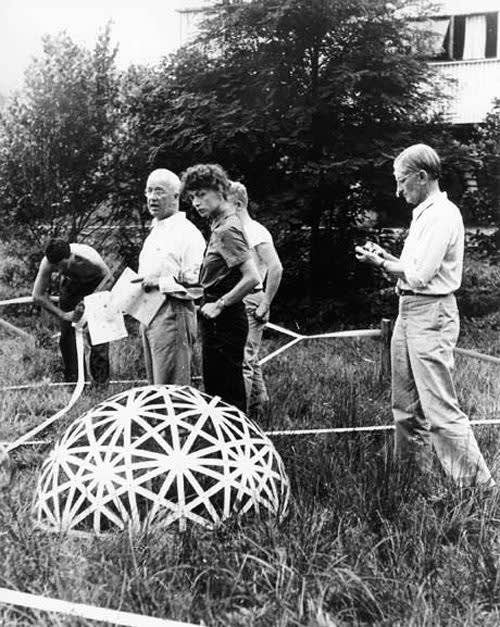
R. Buckminster Fuller
Model for Geodesic Dome, Black Mountain College, 1940s
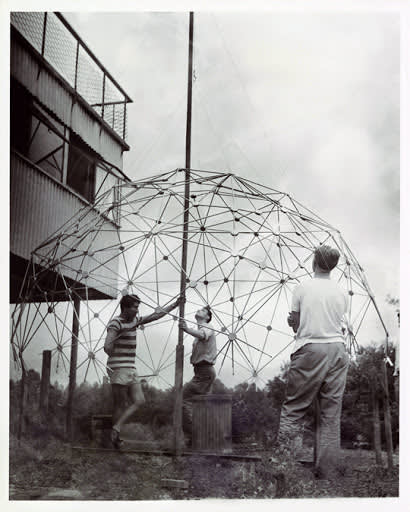
R. Buckminster Fuller
Model for Geodesic Dome, Black Mountain College, 1940s

R. Buckminster Fuller
Model for Geodesic Dome, Black Mountain College, 1940s
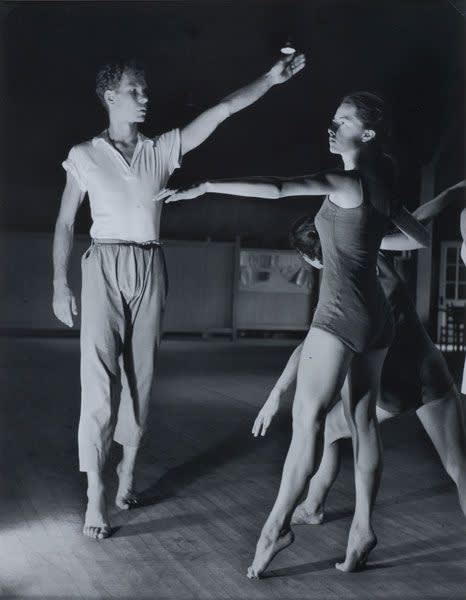
Merce Cunningham
Black Mountain College, 1940s
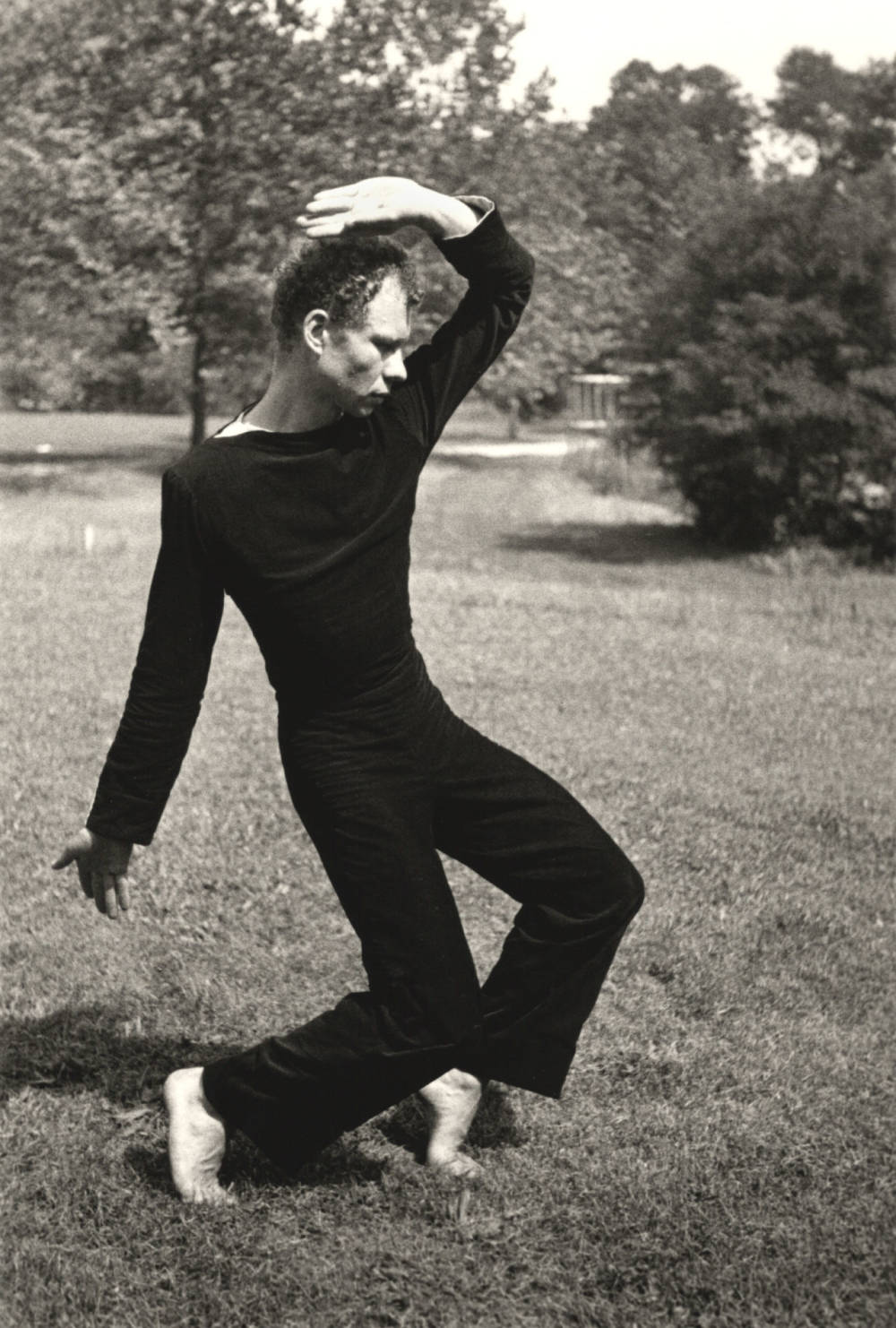
Merce Cunningham
Black Mountain College, 1940s
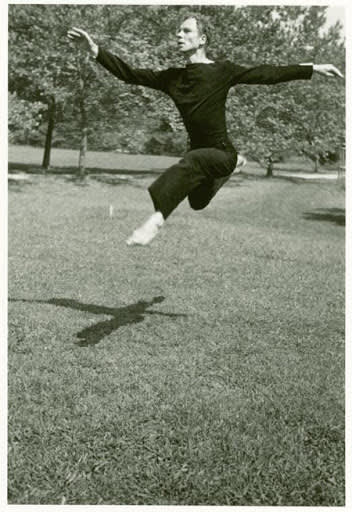
Merce Cunningham
Black Mountain College, 1940s
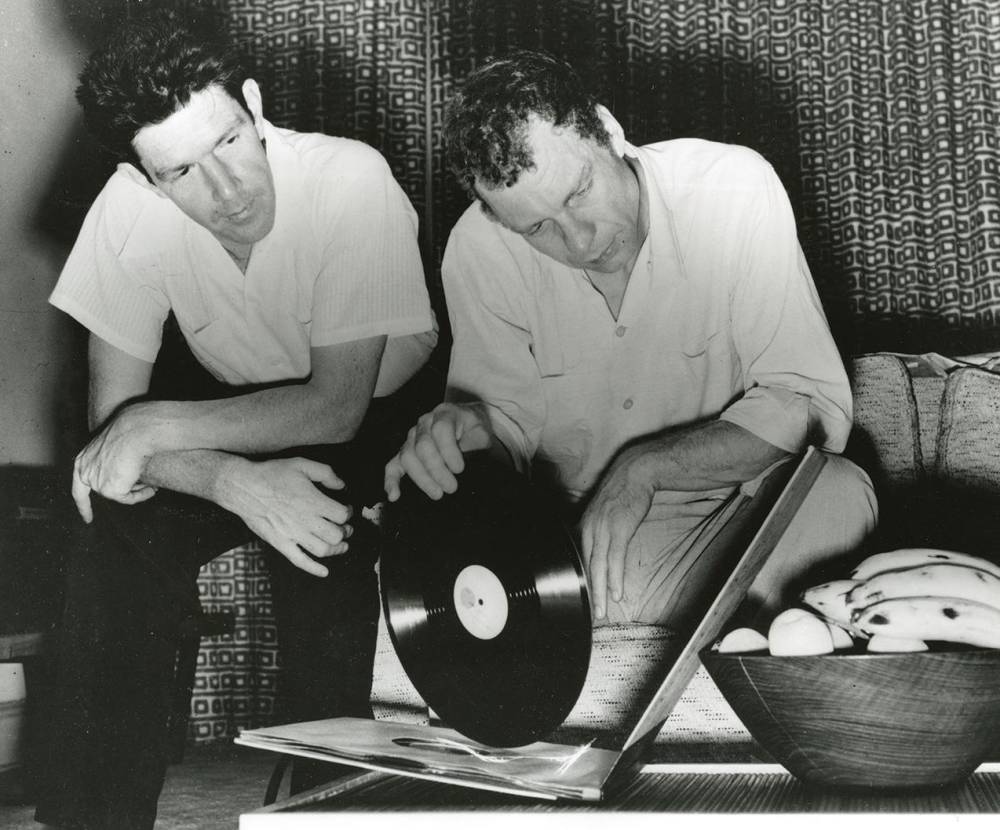
John Cage
Black Mountain College, 1940s

Josef Albers
Black Mountain College, 1940s
Despite fostering some of the 20th century’s most notable talents, such as architect Walter Gropius and poet Charles Olson, as well as American artists Willem and Elaine de Kooning, Robert Rauschenberg, Cy Twombly, Robert Motherwell and Franz Kline, Black Mountain College sadly closed its doors in 1957 due to lack of funding.
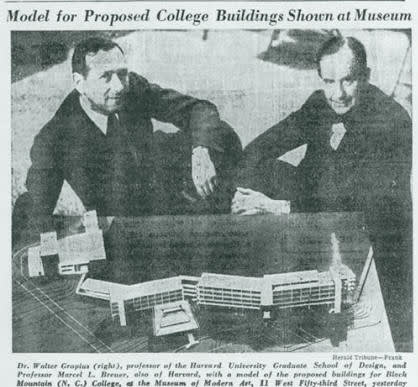
Walter Gropius
Model of Black Mountain College, late 1930s
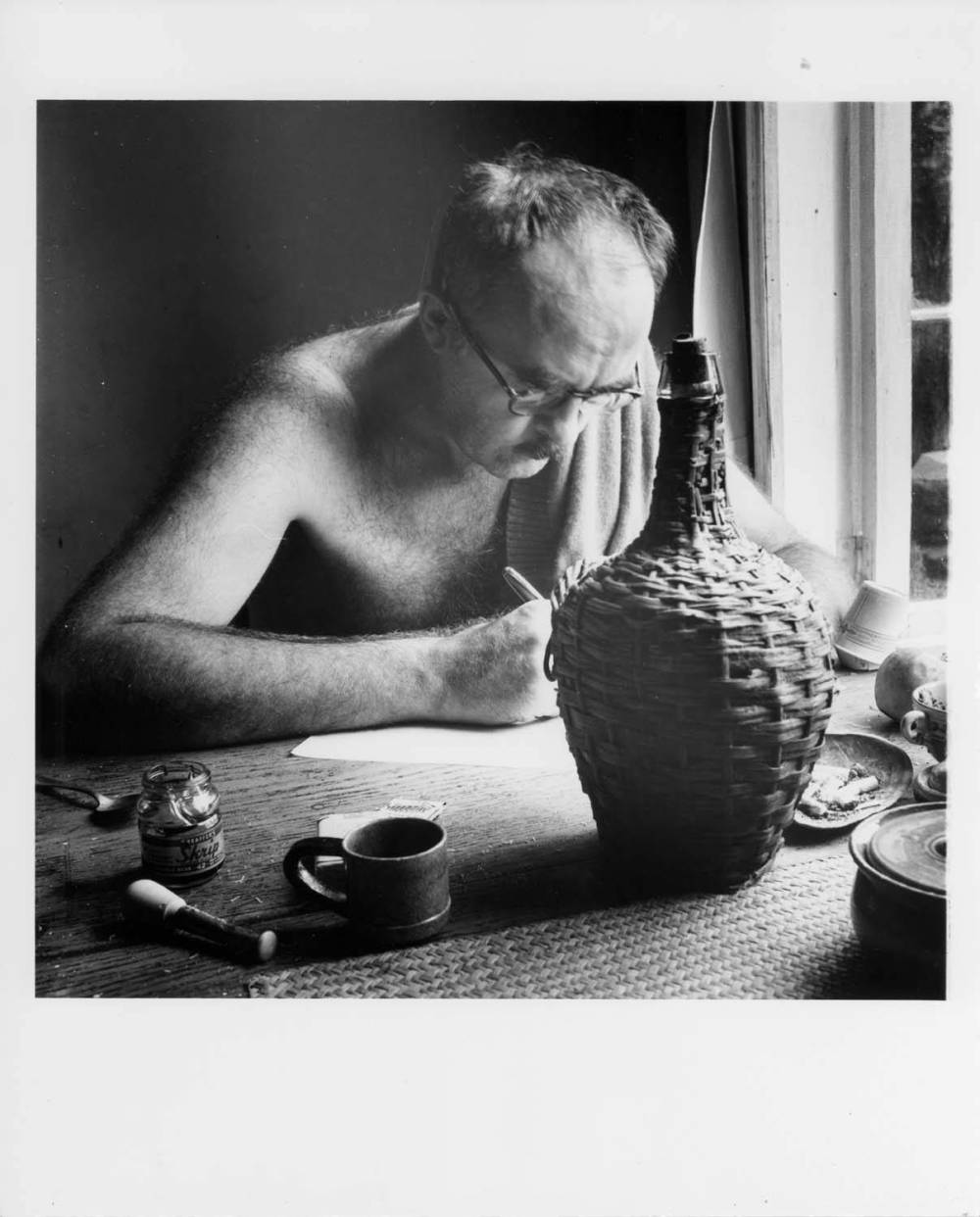
Charles Olson
Black Mountain College, 1940s
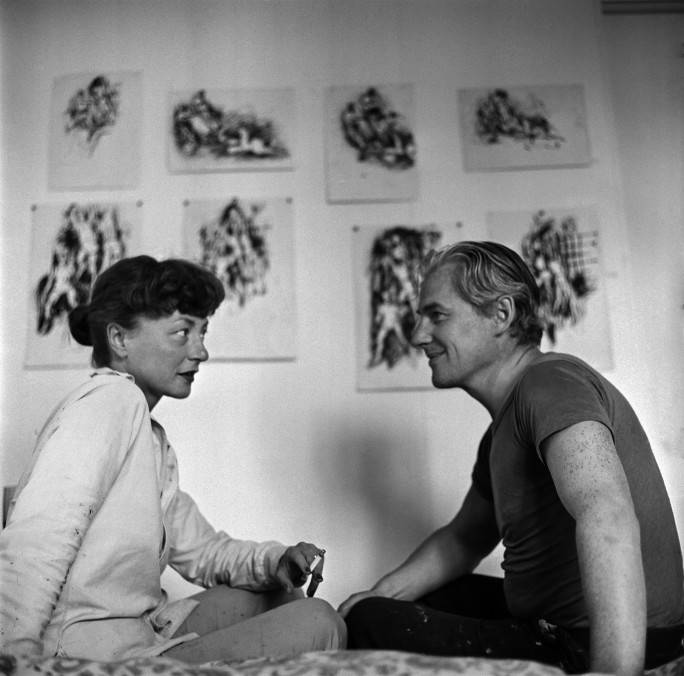
Elaine and Willem de Kooning
Black Mountain College, 1948
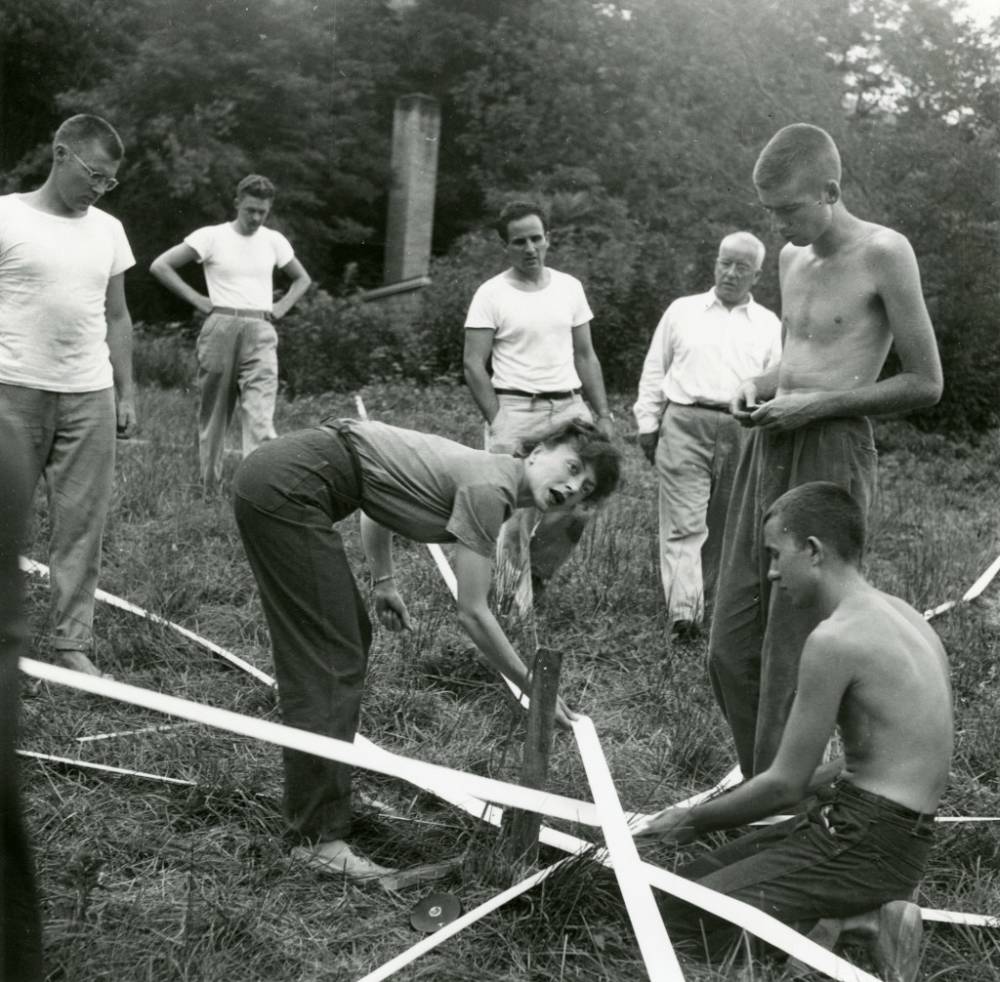
Elaine de Kooning with R. Buckminster Fuller, Ray Johnson, Albert Lainer, and others
Supine Dome, 1948
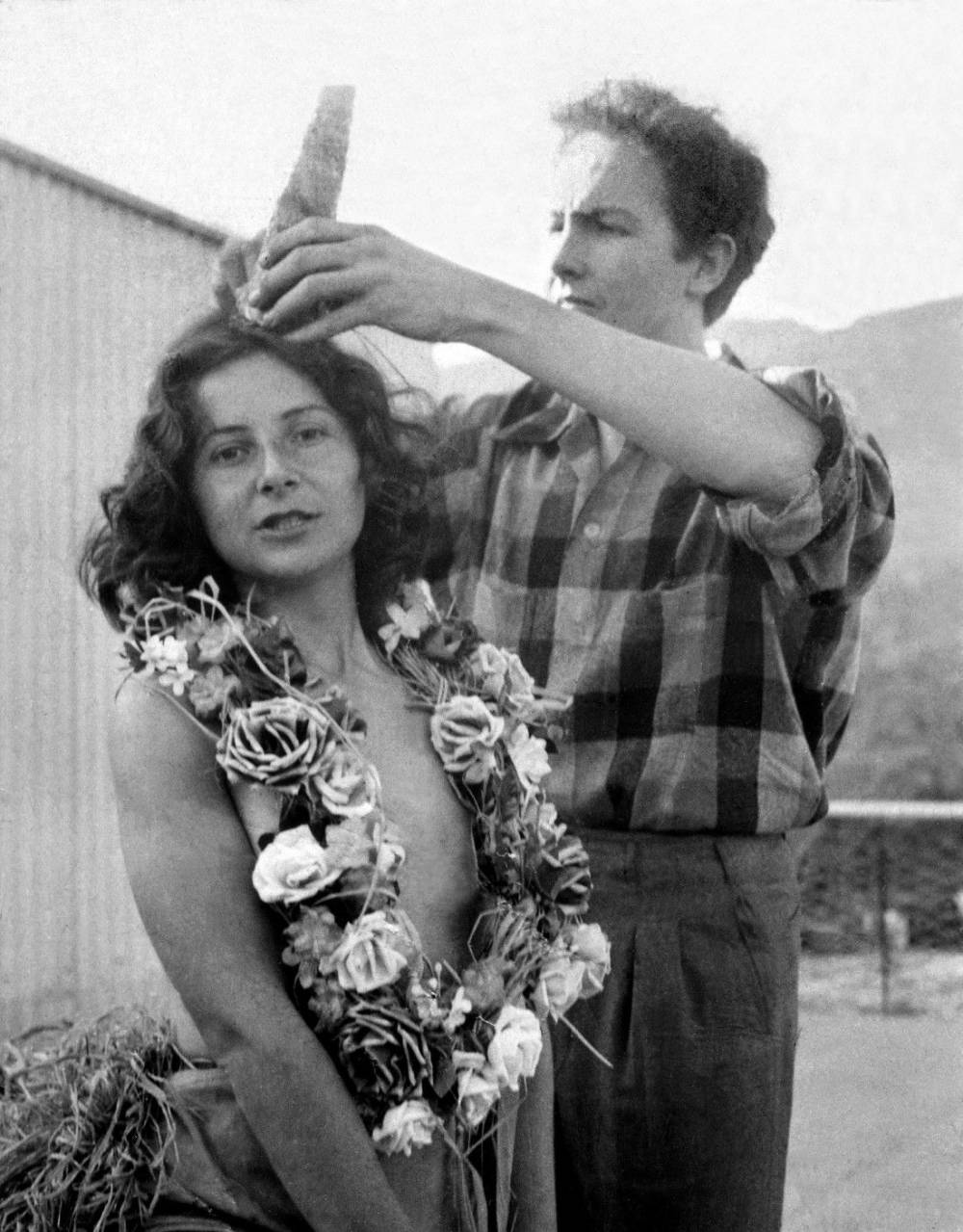
Robert Rauschenberg
Black Mountain College, 1948
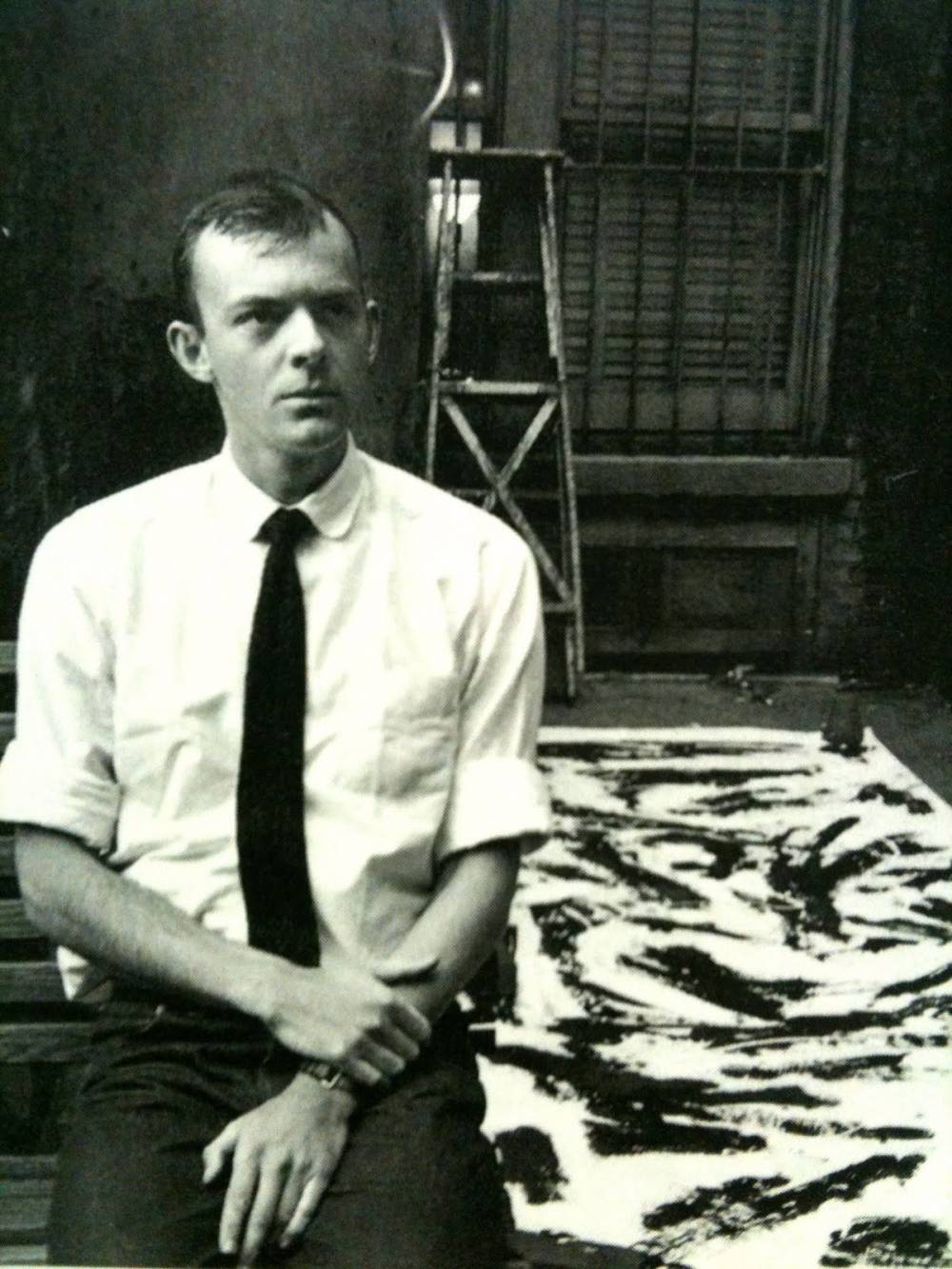
Cy Twombly
Black Mountain College, 1951
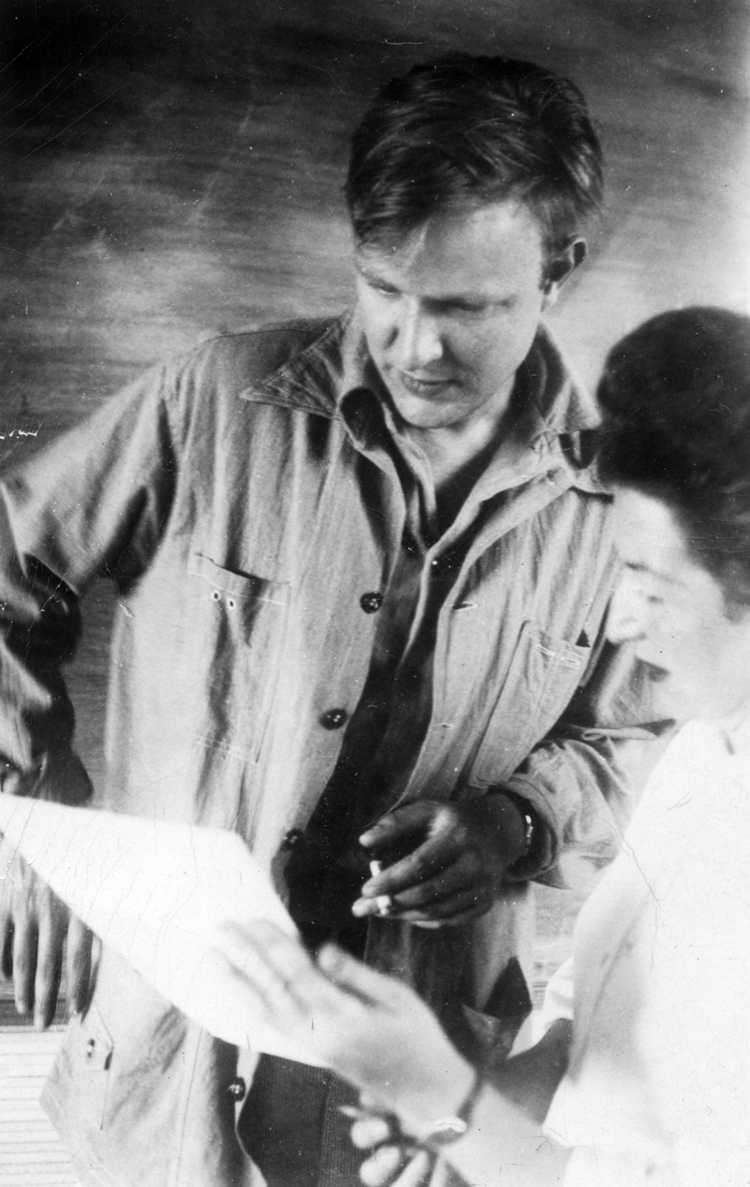
Robert Motherwell
Black Mountain College, 1945
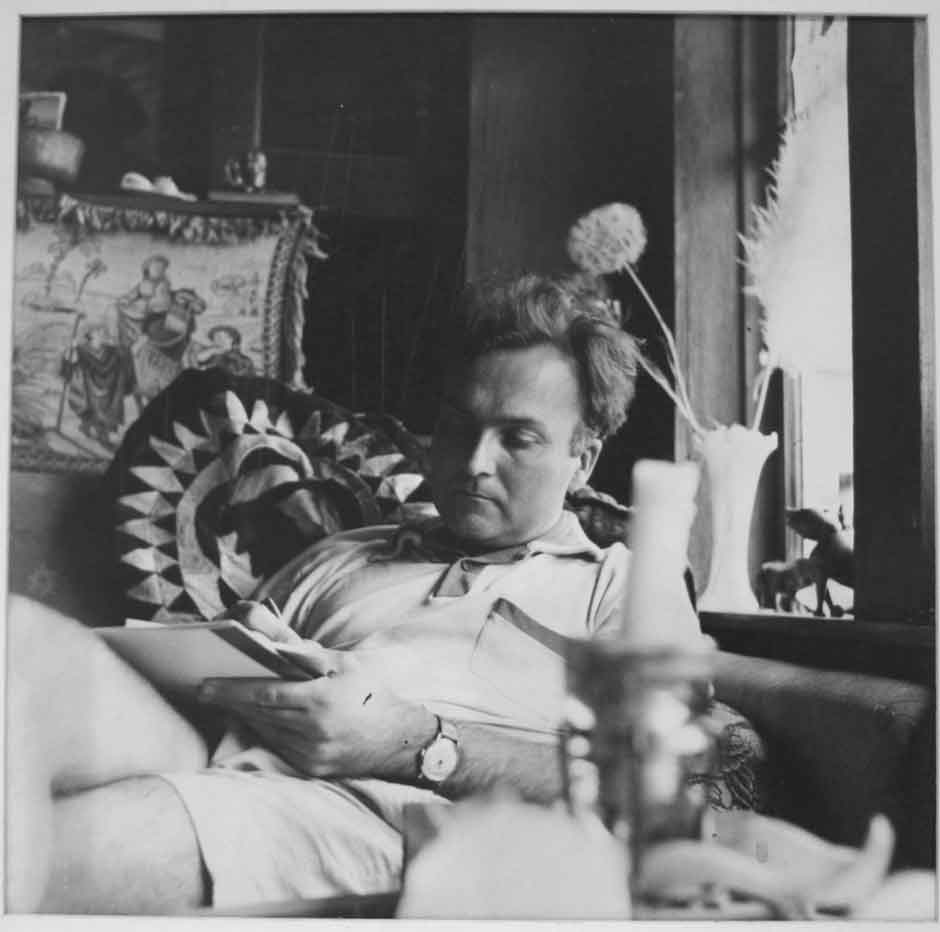
Robert Duncan
Black Mountain College, 1950s
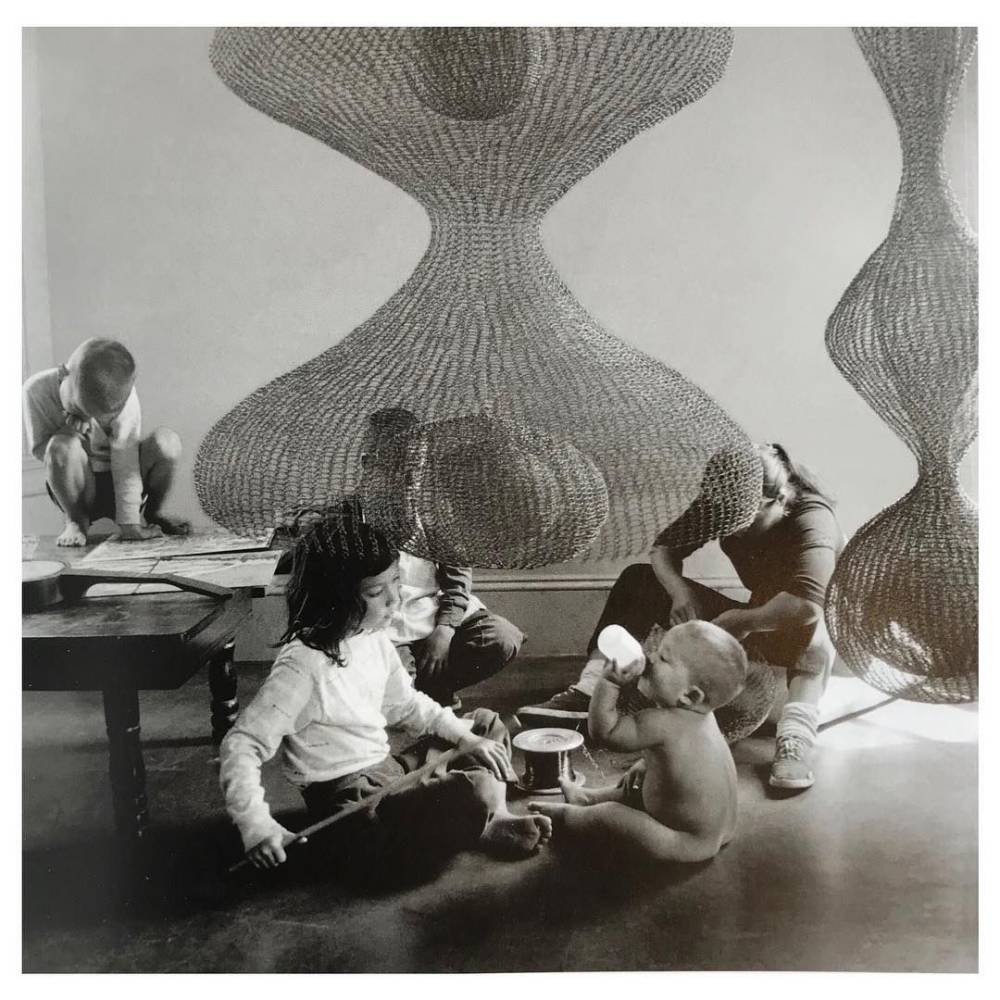
Ruth Asawa
Black Mountain College, 1946
Nonetheless, its historic impact is no less palpable. The school’s legacy is remembered today in Asheville, North Carolina, where the Black Mountain College Museum and Arts Center was erected in 1993, which holds the school’s expansive archive and continues to honor the college’s legacy through curated exhibitions, lecture series, and academic conferences.
